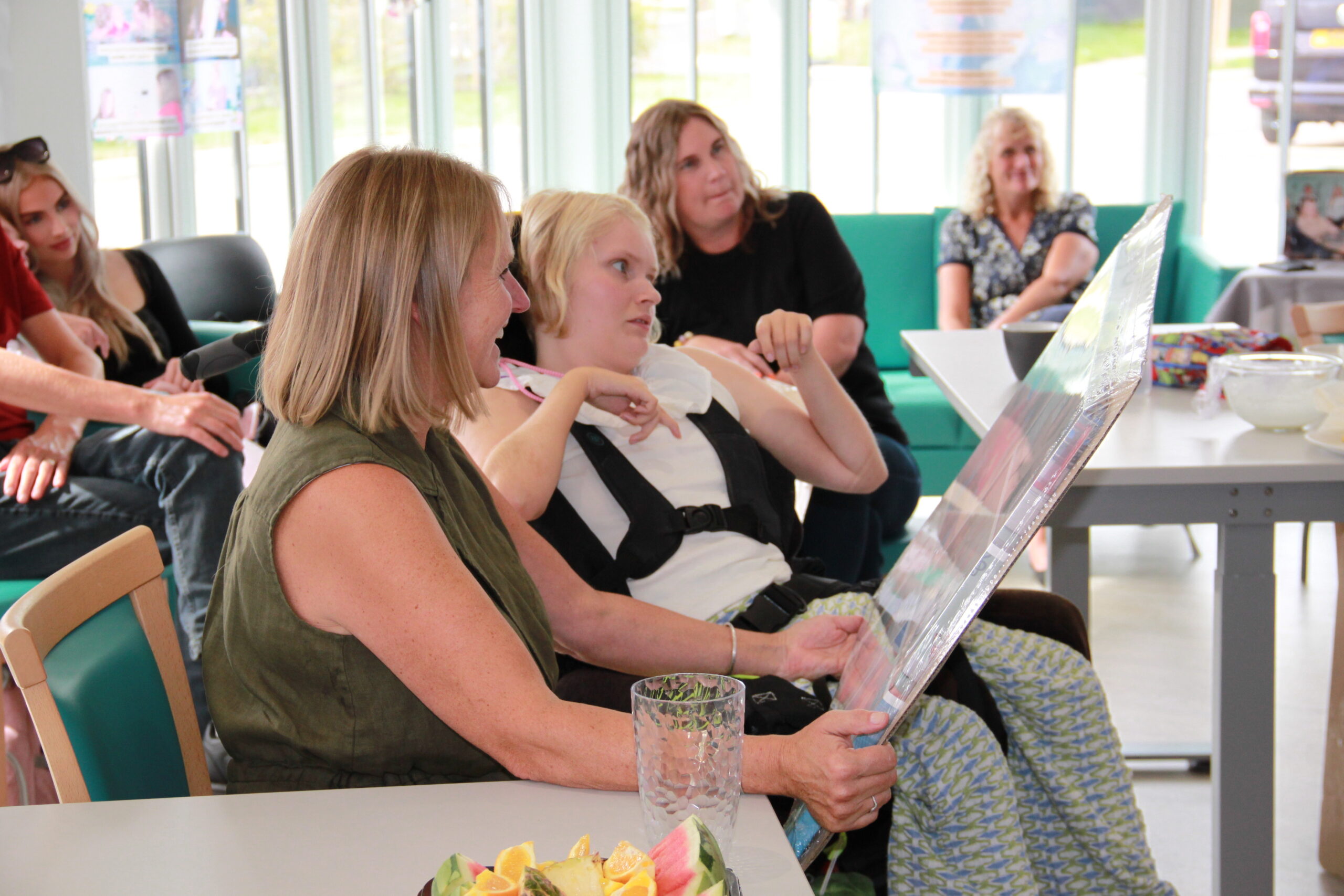The What Matters to Me project builds on existing good practice around improving the way we involve and take account of the views, preferences and experiences of people with severe or profound and multiple learning disabilities. This project has adopted similar mixed method approaches to engage creatively with this group, continuing to raise awareness of the value and importance of doing so, in order to get the support and services accurately reflecting their needs.
Below is a summary of the Challenging Behaviour Foundation’s past work to hear the views of children and young people:
Stop, Look and Listen to me: Engaging children and young people with severe learning disabilities (February 2021)
The Stop, Look and Listen report summarises the work carried out by The Challenging Behaviour Foundation and the Tizard Centre, to find new ways of “asking” five young people with severe learning disabilities (whose behaviours are described as challenging), what they enjoyed, and who or what supports them to do these things. We were able to find out about this in a range of ways, and our mixed methods approach allowed us to gather rich information from each young person in answer to these questions. We found that family carers, advocates and staff who knew the young people well were key to seeking their views and perspectives successfully.
The role of the family carers and support circles included preparing our researchers with information about communication methods, observable indicators of enjoyment and behaviours that indicate the activity should be stopped. They also had a key role in supplementing the information gathered from and with the young people themselves, with more abstract information about the support available to young people to access enjoyable activities. Our call to action from this work was that we wanted to see all commissioners and providers of support for children and young people with severe learning disabilities taking active steps to seek their views and preferences directly on a regular basis. We also wanted to see all consultation processes relevant to disabled children and young people adapted to include a strand which is accessible to young people with a severe learning disability. The aim was that this small scale, unfunded piece of work would be a first step towards developing new and better ways to seek the views, wishes and perspectives of people with a severe learning disability (of all ages) and that such engagement would become par for the course, rather than an unusual and innovative project.
This project was carried out as a pilot for Seldom Heard.
Seldom Heard – No words but lots to say (2021)
The Seldom Heard project was launched in recognition of the need to get better at seeking the views of children and adults with learning disabilities and more complex communication challenges and was funded by NHS England. This project explored how creative ways need to be utilised to make sure we listen properly to everyone, especially about decisions that make a difference to peoples’ lives. This included people who might not have their views and preferences considered, for example:
- Children and adults with severe learning disabilities;
- Children and adults with profound and multiple learning disabilities; Some of these children and adults may also be autistic.
The Challenging Behaviour Foundation and the Tizard Centre worked on new and creative ways to improve how we listen to these individuals and used these methods to find out about the views and preferences through direct engagement about how to deliver better support to people with learning disabilities.
The project report was shared with NHS England and disseminated to NHS England colleagues to inform future work programmes.
Office of the Chief Dental Officer (OCDO) (2023)
Following on from the Seldom Heard project, the CBF were asked by NHS England to consult children and young people with complex communication needs and their families with regards to sight, hearing and dental care.
The NHS Long Term Plan published in 2019 had a commitment to deliver sight, dental and hearing checks to children and young people with a learning disability and/or autism in residential special education settings.
During this project we engaged with three children and young people with severe or profound and multiple learning disabilities who display behaviours that challenge, held a focus group with then family carersand conducted a survey with a wider group of family carers to hear about their experiences of sight, hearing and dental checks.
Engagement was facilitated dynamically, with researchers working with communication partners to generate materials (such as digital communication passports, social stories and ‘in the moment’ questions), providing suggestions regarding how to implement these tools during visits where possible, and to continue to discuss and develop further methods where needed
Our findings were compiled into a report which was shared with the Office of the Chief Dental Officer. Across the direct engagement with children and young people with severe or profound learning disabilities as well as the focus group and survey of family carers we found that advance planning such as familiarisation with the environment and desensitisation, reasonable adjustments including accessible information, working in partnership with communication partners (family carers/support workers) and clear local pathways were essential to enable equitable access to dental, hearing and sight checks.
The report was utilised to informa new clinical standard and a suite of Mini mouth matters resources to support implementation. The final standard and resources are available here.

